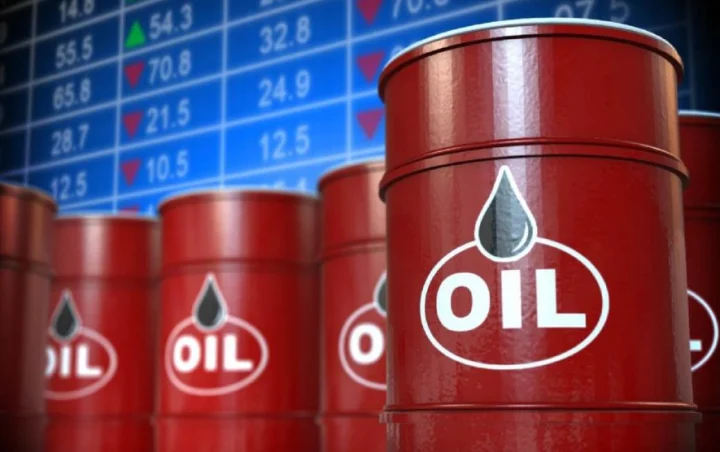Nigeria’s crude oil production climbed to 1.559 million barrels per day (bpd) in July 2025, marking its highest output level so far this year, according to fresh data from the Nigerian Upstream Petroleum Regulatory Commission (NUPRC). This represents a significant boost from the 1.43 million bpd recorded in June, reflecting ongoing efforts by the Federal Government and oil industry stakeholders to stabilise and ramp up production.
The increase is seen as a welcome development for Africa’s largest oil producer, which has struggled in recent years with fluctuating output due to pipeline vandalism, crude theft, ageing infrastructure, and underinvestment. Industry analysts say the latest figures show that some of the measures taken to address these challenges are beginning to yield results.

Government officials attribute the surge to enhanced security around oil-producing regions, particularly in the Niger Delta, where crude theft and pipeline sabotage have historically eroded Nigeria’s output. Improved surveillance technology, better coordination between security agencies, and closer engagement with host communities have been credited for reducing disruptions to oil facilities.
Minister of State for Petroleum Resources (Oil), Heineken Lokpobiri, welcomed the rise in production, describing it as a “positive signal” for Nigeria’s economy. He emphasised that the government remains committed to achieving and sustaining production levels above the 1.8 million bpd mark targeted in the national budget, in line with the country’s OPEC quota.
The NUPRC also highlighted that the increased output was driven by improved performance at key oil terminals, including Bonny, Forcados, and Qua Iboe, which had previously been hampered by operational shutdowns. In addition, some recently rehabilitated production facilities have come back online, adding to the total volume.
Industry experts say higher production could provide much-needed relief for Nigeria’s foreign exchange market, as crude oil exports remain the country’s largest source of dollar inflows. This is particularly important given the naira’s recent volatility and the pressing need to shore up foreign reserves.
However, they caution that sustaining the current momentum will require consistent investment in oil infrastructure, timely maintenance of existing facilities, and the development of new projects. They also stress the importance of diversifying Nigeria’s economy to reduce overdependence on oil revenues, which remain vulnerable to global price swings.
Global oil prices have been relatively stable in recent weeks, averaging around $83 per barrel for Brent crude. This, combined with Nigeria’s increased output, could help strengthen government revenues and support key public spending initiatives. The federal government has indicated that part of the windfall from improved oil sales will be channelled into infrastructure, social welfare programmes, and debt servicing.
The Organisation of the Petroleum Exporting Countries (OPEC) and its allies, known as OPEC+, have maintained production targets to stabilise the oil market, and Nigeria’s ability to meet or exceed its allocated quota is expected to improve its standing within the group. OPEC has in the past expressed concern about Nigeria’s inability to reach its quota due to production bottlenecks.
The Nigerian National Petroleum Company Limited (NNPC Ltd) has reaffirmed its commitment to collaborating with private investors to boost output further. Several new offshore projects are underway, and the government is courting international oil companies (IOCs) as well as indigenous producers to scale up operations.
Despite the optimism, challenges remain. Insecurity in oil-producing communities, legal disputes over oil assets, and funding constraints continue to pose risks to long-term production stability. Analysts note that while recent improvements are encouraging, Nigeria must maintain a delicate balance between ramping up production and ensuring environmental sustainability in oil exploration and extraction activities.
Energy economist Dr. Diran Fawibe noted that if Nigeria can sustain output above 1.5 million bpd for the remainder of 2025, the government could exceed its revenue projections for the year, creating fiscal space to address pressing economic challenges. He added that this could also improve investor confidence in the country’s oil sector.
With the latest figures setting a new production record for the year, industry watchers will be keen to see if Nigeria can sustain or even improve upon this momentum in the coming months. The coming quarters will test whether the recent gains are the start of a steady upward trajectory or a temporary rebound in an industry long plagued by volatility.
Support InfoStride News' Credible Journalism: Only credible journalism can guarantee a fair, accountable and transparent society, including democracy and government. It involves a lot of efforts and money. We need your support. Click here to Donate
